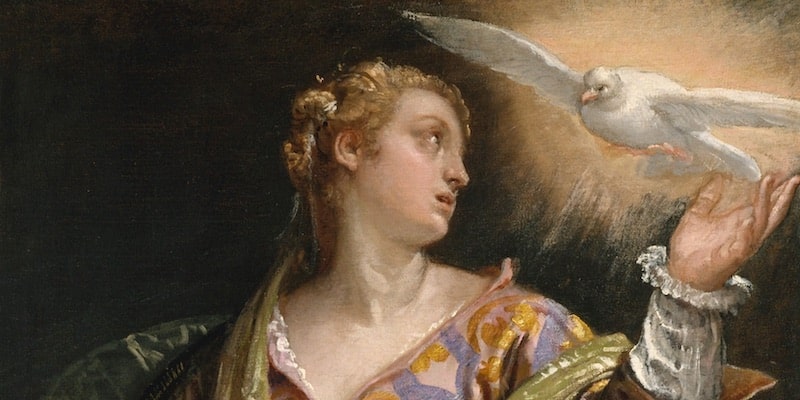We explain what something mystical is, its history and how philosophy understands mysticism. In addition, we tell you what a mystical person is like.

What is something mystical?
Something mystical is, in principle, something related to mysticism or mysticism, that is, with the experience of some type of knowledge, experiences or notions linked to the sacred and sanctity which are shared only between insiders. In other words, the mystical is that which has to do with the secrets of the elevation of the spirit, within the framework of a specific religious tradition (such as Judaism, Christianity, Buddhism or Islam).
The words “mystic” and “mysticism” come from the Greek word mystikóswhich can be translated as “relating to the mysteries”, since it derives from the voices mystes (“initiate”, “disciple”) and myein (“close” or “be closed”).
In Greco-Roman antiquity, it was called “mysteries” (mysterion in greek, mysterium in Latin) to a set of secret religious cults (the “mystery cults”) that differed from the public and official cult in their fundamental purpose: instead of asking practical favors from the gods (better harvests, safe travels, victory in war) , they focused on the route to salvation. These mystery cults protected their knowledge for those initiated, and their practices took place inside the temples and behind closed doors.
Once these Greco-Latin religions were eradicated by the triumph of Christianity in the Roman Empire and its provinces, the term “mystical” was inherited by the new Christian culture and associated with spiritual and contemplative life. So, for example, There were great Christian mystical poets, whose work revolves around religious experience and communion with God not necessarily through ecclesiastical rites, but in their own and subjective ways. A good example is the work of Saint John of the Cross (1542-1591).
Religious mysticism is not exclusive to Christianity, however, nor to the other monotheistic religions with which it shares it: Judaism and Islam. There is a Zoroastrian mysticism, a Buddhist and even a Hindu mysticism, and In each religion, the dynamics and mechanisms are proposed to reconcile the abyss between divinity and humanity.
What is a “mystical” person?
Normally, when stating that a person is a mystic, an allusion is made to the fact that devotes a lot of energy to spiritual perfection l, that is, to mysticism. However, in addition to the meaning associated with religion, there is a meaning of the adjective “mystical” or “mystical” that, applied to people, can refer to excess care and prudence that is, it is synonymous with squeamish or finicky. This sense, however, is uncommon and is typical of the Spanish of Andalusia, Colombia, Honduras, Panama, Puerto Rico and some regions of Venezuela.
It is important not to confuse the adjective “mystical” with “mythical.” that is, related to myths and mythologies. For example, it is not true that griffins and mermaids are “mystical” animals, but rather mythical or mythological.
Mysticism in philosophy
In philosophical terms, mysticism is part of religious and idealistic conceptions of the world, and aspires to the revelation of the “mysteries” of the divine to humanity that is, a secret truth regarding existence and the correct way of living. The philosophical doctrine of idealism, in the Modern Age, always contained some form of mysticism and this often served to oppose materialistic views of the world typical of revolutionary doctrines (such as Marxism), and even of science and the scientific method.
Continue with: Mantra
References
- “Mystical” in the Dictionary of the Language of the Royal Spanish Academy.
- “Etymology of Mystic” in the Online Spanish Etymological Dictionary.
- “Mysticism, mysticism” in Filosofía.org.
- “Can someone who eats little be a mystic?” in Fundéu.





